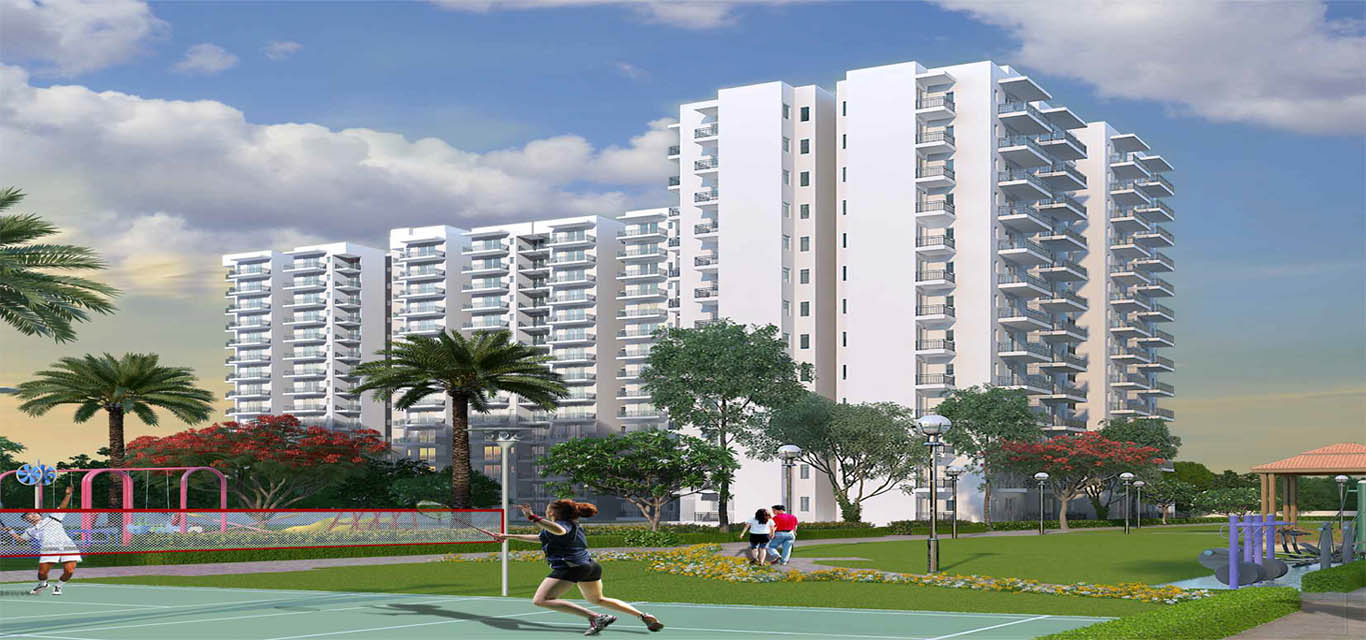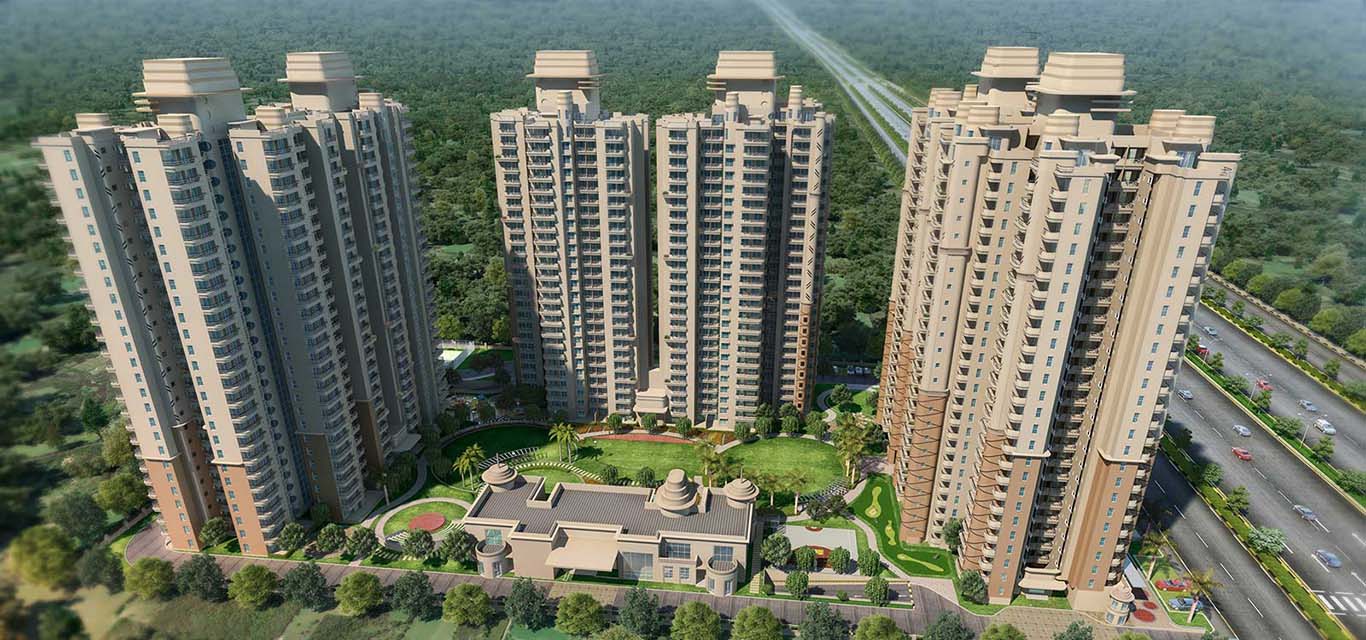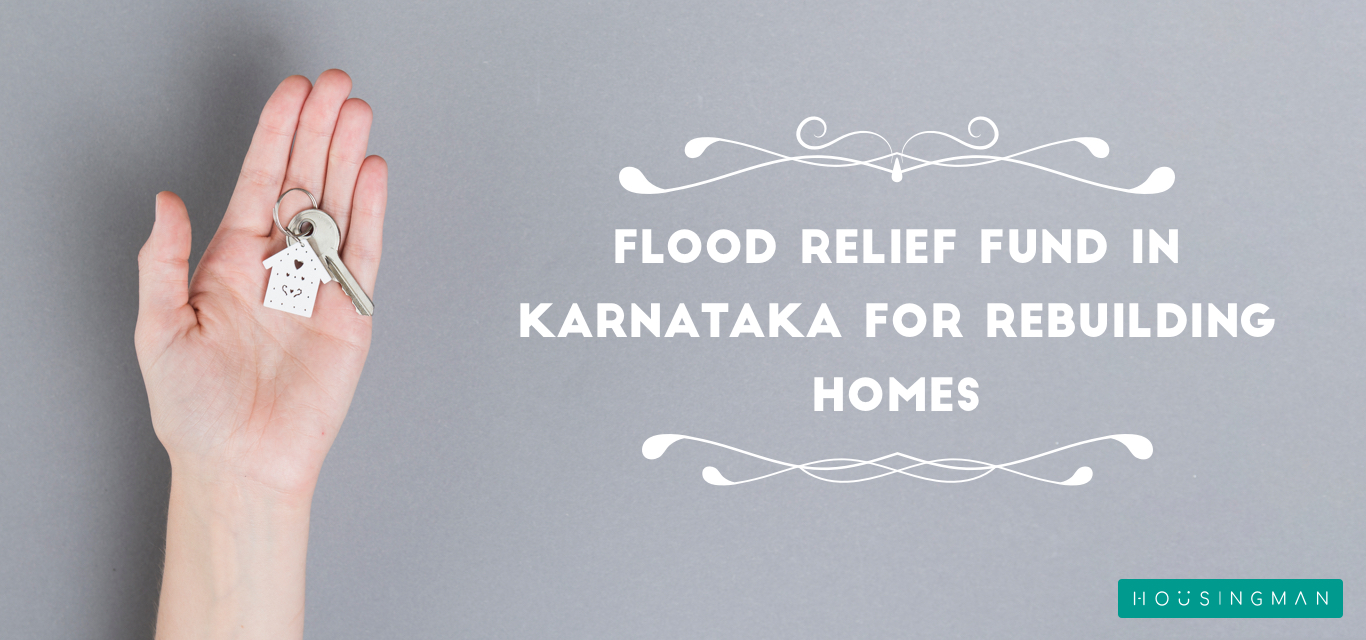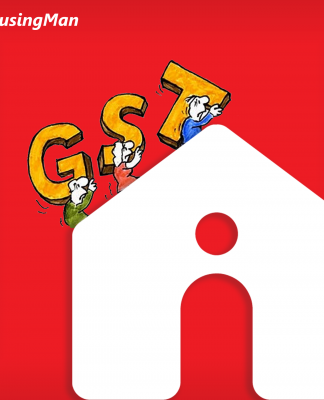In this post: We will address the government’s yet-to-be-made decision on cutting the GST rates for flats under construction. Will this bring any ‘real’ savings to buy your dream home? Let’s find out.
The news is out there, that our central government (in hands with various state
governments) is mulling to reduce the GST on residential and commercial properties which
are under construction. This move comes when the real estate market in India is kind of flat and this decision to lower tax seems to boost the housing market. The government is
planning to announce the rate cut by the end of January, with some riders.
A government official was quoted saying the following; “Two options are on the table: The
first option is levying 5 per cent without input tax credit (ITC) provided the builder establishes that he has purchased at least 80 per cent of material from a GST-registered supplier. The second option is 12 per cent with ITC”.
What’s the deal with GST for Under-Construction properties?
The current rate of GST on property purchases is 18 per cent. However, the effective rate of GST payable on the purchase of under-construction or commercial properties from a builder involving the transfer of property in land or undivided share of land to the buyer is 12 per cent with full ITC.
As a result, if the GST is lowered to 12 per cent, then the effective rate would be 8 per cent
because of abatement on account of the cost of land.
The tax cut proposal will be discussed by the law committee and then by the fitment
committee ahead of bringing it in front of the GST council in a meeting in January 2019. This council meeting is where the pen will be put to paper.
At present, property buyers are obliged to pay 18 per cent GST on two-thirds of the value of the said property, while one-third of the value is deemed as the undivided share of land delivered to the buyer.
Why is the government trying to boost the real estate sector and make it more attractive to buyers and lenders?
At the crux of the matter of under-construction projects, there are two problems;
1) NBFCs (lenders) do not want to lend for under-construction properties
2) Buyers just don’t want to wait and want to invest in ready-to-move-in properties (as completed projects have no GST).
The residential segment of the Indian real estate sector is projected to contribute a
whopping 11 per cent to the nation’s GDP by 2020. As a result, any growth in this sector tends to have a multiplier effect on direct and indirect contributors. Meaning boost in employment bottom line. With the general elections fast approaching, any government would kill to boost employment in the medium to long term.
A perspective on Indian Real Estate
By the end of 2017, the real estate investments received by the five major cities Mumbai,
Gurugram, Noida, Pune and Bengaluru – accounted for around 24 per cent of the market. It
was just 17 per cent the previous quarter. Ever since the housing market started to stabilise. The introduction of the much-needed regulation in RERA also helped drive buyer confidence.
India being Asia’s third-largest economy has been facing liquidity crunch in the real estate
market. Housing prices have risen at an almost double-digit rate for over a decade until now. As a result, the government is trying to rectify the issue from multiple angles. One, with reforms such as RERA to build buyer confidence, and two, with putting pressure on the central bank to ease lending regulations for banks and NBFCs.
So, if you are an active buyer in the market, then the stars have started to align, albeit slowly to make the housing market more attractive. As a buyer, it is up to you to research,
investigate and consult the right sources before investing in the housing market. We at
HousingMan has gathered a lot of data about major projects in top cities in India. We
understand that not every buyer comes with a similar set of requirements. We believe that what may suit one buyer may not suit another. Talk to our consultant today to understand
the pros and cons of each property for your needs and to buy your dream home. Visit HousingMan













